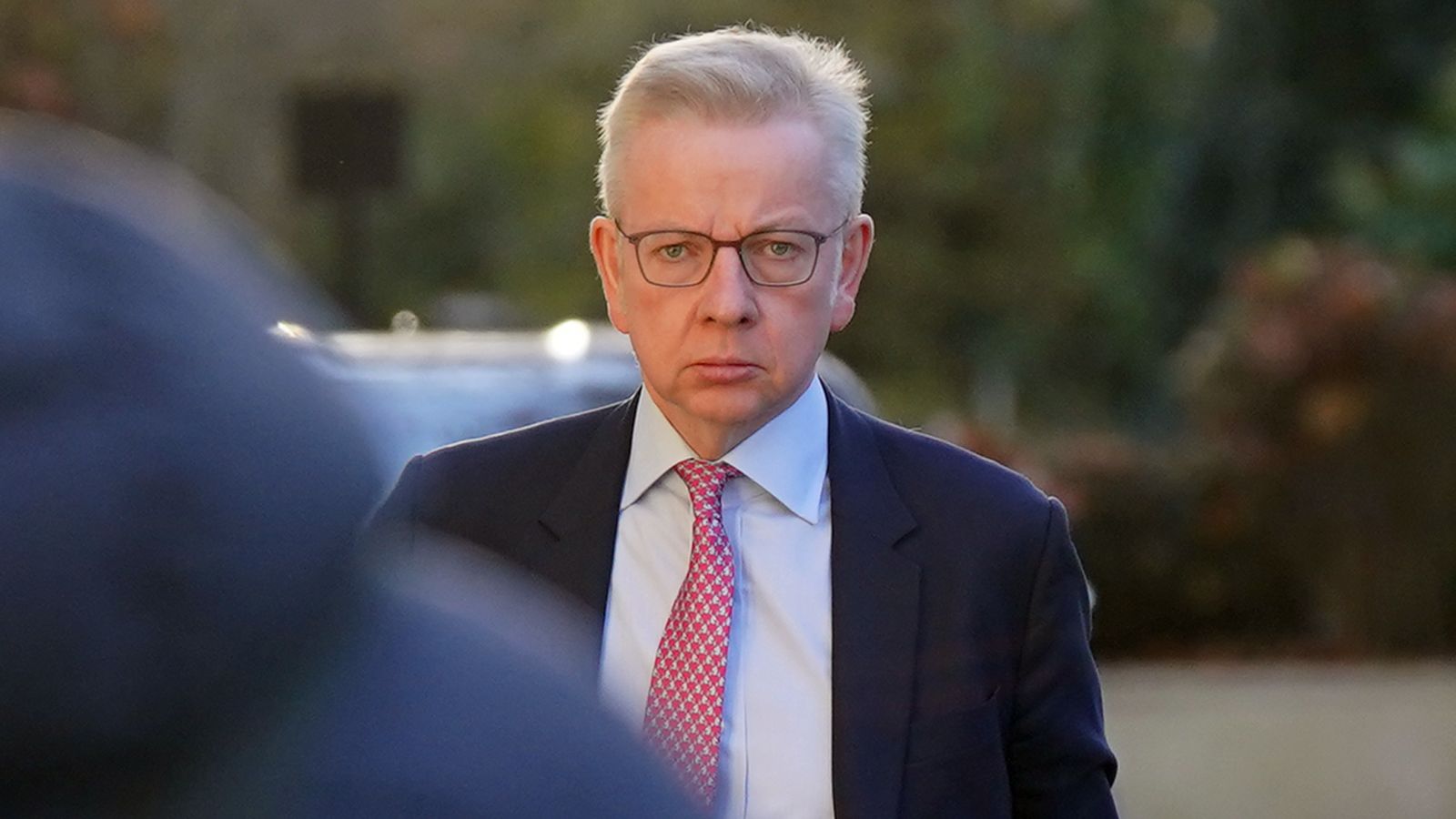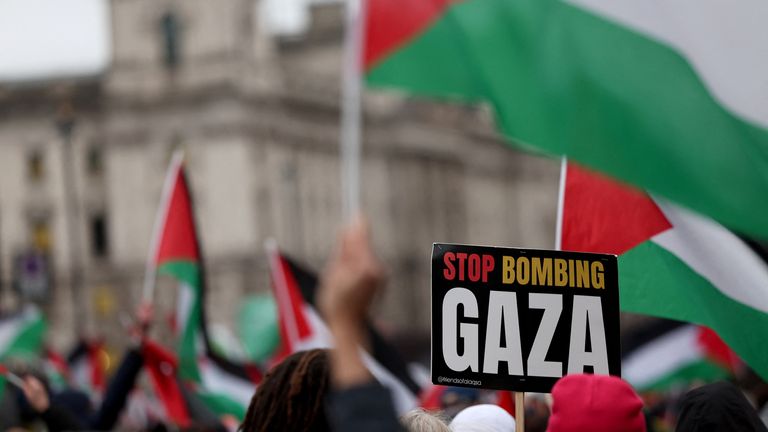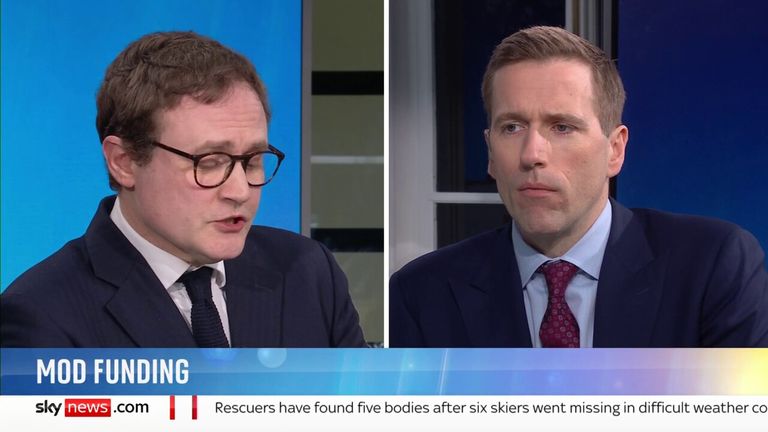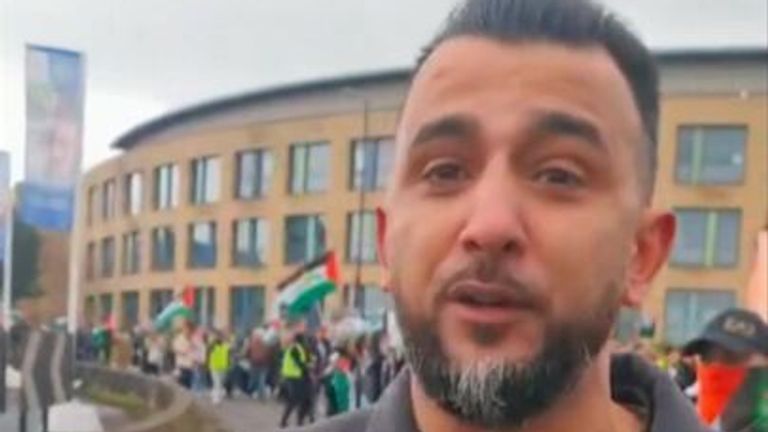The government has unveiled its new definition of extremism despite warnings it could have a “chilling effect” on free speech.
Communities Secretary Michael Gove has updated the definition as part of a drive to clamp down on the Islamic and far-right extremism that has intensified in the wake of the Israel-Hamas war.
The new definition, released today, describes extremism as “the promotion or advancement of an ideology based on violence, hatred or intolerance” that aims to “negate or destroy the fundamental rights and freedoms of others”, or “undermine, overturn or replace the UK’s system of liberal parliamentary democracy and democratic rights”.
It also includes those who “intentionally create a permissive environment for others to achieve” either of those aims.
The government is also intending to release lists of organisations classed as “extremist” which will then be banned from meeting with ministers or other elected officials and will be unable to receive public money so they do not get a platform that could “legitimise” them through their association with the government.
Politics latest: Diane Abbott speaks out after PMQs
Ministers have insisted the new definition will not affect free speech – but critics have expressed concern the updated version could end up penalising the “wrong people”.
‘Divide and rule approach’
Speaking during Prime Minister’s Questions on Monday, Miriam Cates, the co-leader of the influential New Conservatives group, said broadening the definition of extremism could have “a chilling effect on free speech”.
“In separating the definition of extremism from actual violence and harm, we may criminalise people with a wide range of legitimate views and have a chilling effect on free speech.”
Conservative peer Baroness Warsi also criticised the move, branding it a “divide and rule approach” intended to “breed division and encourage mistrust”.
And on Wednesday, the Archbishops of Canterbury and York warned that the definition could “vilify the wrong people and risk yet more division”.
Meanwhile, a coalition of Muslim organisations told Sky News they believed the definition “signals an attack on civil liberties by attacking law-abiding individuals and groups that oppose government policy by labelling them as ‘extremist'”.
‘High bar’ for groups that fall foul of definition
Despite the criticism, the government believes the definition outlined today is narrower and more precise than the previous version published in 2011.
It is designed to include conduct that falls short of criminality but the government still deems “unacceptable” – prompting fears that groups such as trans rights activists, gender critical organisations and even anti-House of Lords campaigners could be caught by the new definition.
By contrast, the 2011 version, outlined in the government’s counter-terrorism strategy Prevent, described extremism as “vocal or active opposition to fundamental British values, including democracy, the rule of law, individual liberty and mutual respect and tolerance of different faiths and belief” as well as “calls for the death of members of our armed forces”.
The Department for Levelling Up, Housing and Communities (DLUHC), said the new version is “clear that extremism involves advancing or promoting an ideology based on violence, hatred or intolerance – a high bar that only captures the most concerning of activities”.
“It is not about silencing those with private and peaceful beliefs – not will it affect free speech, which will always be protected,” it said.
‘Our democracy and our values are under challenge’
Mr Gove, who has overseen the formulation of the new definition, said it was necessary to act because “our democracy and our values of inclusivity and tolerance are under challenge from extremists”.
“The pervasiveness of extremist ideologies has become increasingly clear in the aftermath of the 7 October attacks and poses a real risk to the security of our citizens and our democracy,” he said.
“This is the work of extreme right-wing and Islamist extremists who are seeking to separate Muslims from the rest of society and create division within Muslim communities.
“They seek to radicalise individuals, deny people their full rights, suppress freedom of expression, incite hatred, and undermine our democratic institutions.
“Today’s measures will ensure that government does not inadvertently provide a platform to those setting out to subvert democracy and deny other people’s fundamental rights.”
Groups that meet the new definition of “extremist” will only be able to appeal against their inclusion by launching a judicial review in the High Court.
However, because the guidance is non-statutory, it will not give police or other law enforcement powers and would only affect decisions around government engagement and funding.
Read more:
Fears govt will use lists of extremists to embarrass Labour
PM rails against ‘extremist forces trying to tear us apart’
Thursday’s announcement comes against a background of rising antisemitic and Islamophobic incidents since the 7 October attacks, in which Hamas killed around 1,200 people and seized more than 230 hostages.
Since then, health authorities in Hamas-run Gaza say more than 31,000 Palestinians have been killed.
Angela Rayner, Labour’s deputy leader and shadow communities secretary, said: “This is a serious problem that needs serious action and tinkering with a new definition is not enough.
“The government’s counter-extremism strategy is now nine years out of date, and they’ve repeatedly failed to define Islamophobia.
“Any suggestion that the government has been engaging with groups that they’ve now decided are extremists raises serious questions over why it has taken so long to act.”



